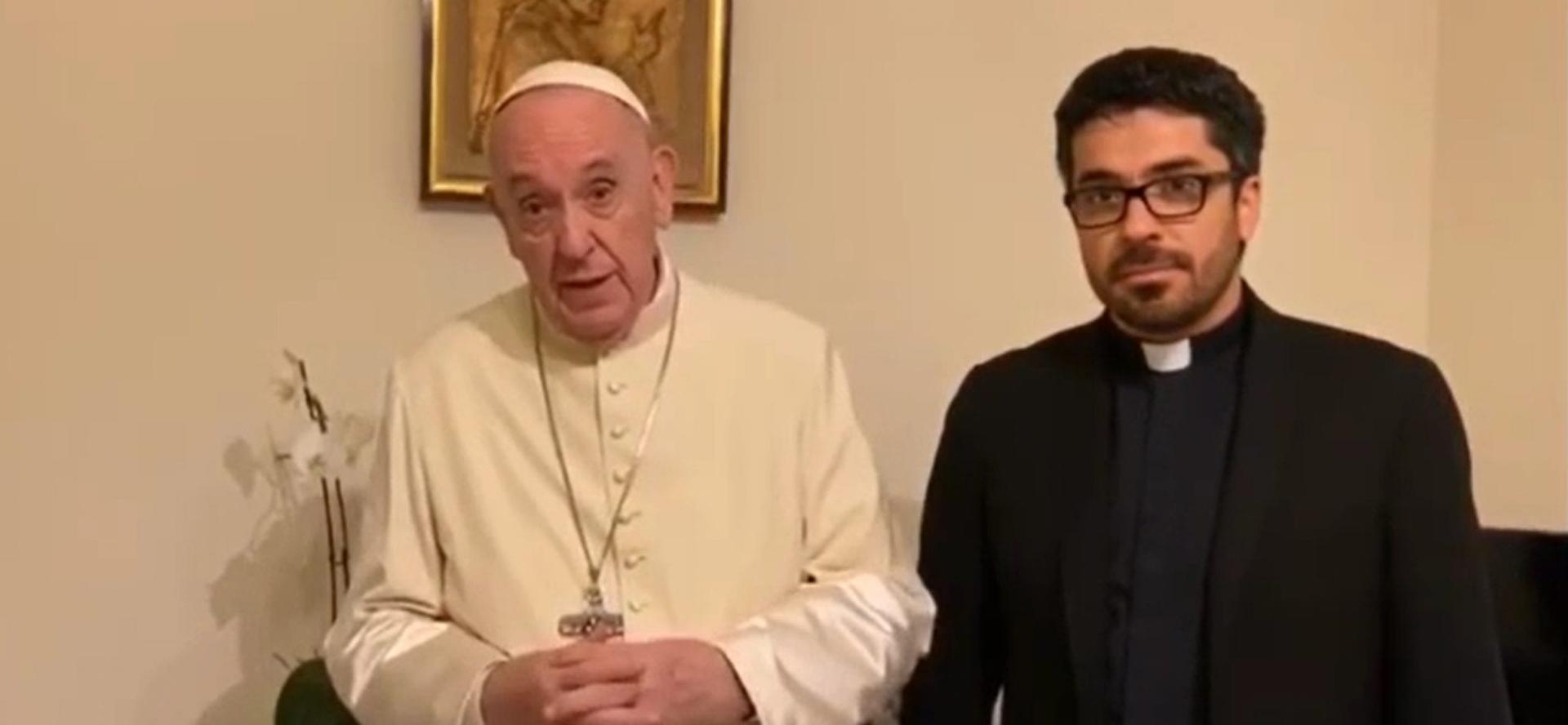ROSARIO, Argentina – Beyond the obvious reasons to fight clerical sexual abuse, above all the damage such abuse inflicts on victims, Pope Francis has added another argument: The effort to prevent abuse, he’s written, promotes a deeper acknowledgment that all life is sacred and deserves respect.
“Fighting abuse [means] fostering and empowering communities so that they are capable of keeping watch and announcing that all life deserves to be respected and valued, especially that of the most defenseless who do not have the resources to make their voice heard,” Francis wrote.
“We’ve been challenged to look squarely at this conflict, to take it up and suffer it together with the victims, their families and the whole community, to find ways that make us say: ‘Never again to the culture of abuse’,” he wrote. “This reality calls us to work in the awareness, prevention and promotion of a culture of care and protection in our communities and in society in general so that no person sees their integrity and dignity violated or mistreated.”
Pope Francis’s words came in a prologue for a new book edited by Father Daniel Portillo, a Mexican priest and founder of the Interdisciplinary Center of Investigation and Formation for the Protection of Minors from Mexico’s Catholic University (CEPROME).
Theology and Prevention, Studies on Sexual Abuses in the Church is published by SalTerrae in Mexico, and includes reflections by theologians from Venezuela, Brazil, Chile, Ireland, Colombia, and Mexico. The list includes both priests and lay people, including Chilean Sandra Arenas, who argues in favor of “desacralization: an antidote for abuses in the Church.”
Due to the magnitude of the clerical abuse crisis in Chile, where 30 percent of the episcopacy has been replaced by Pope Francis since 2018 with bishops replaced accused of either abuse or cover up, it comes as no surprise that there’s a chapter dedicated to this country: “Elitist mentalities and structural clericalism: some ecclesiological lessons from the Chilean case,” by Carlos Schickendantz.
Portillo, who coordinated the edition, writes about a theology of prevention, while Venezuelan theologian Rafael Luciani argues that a renewal of the Church’s hierarchy does not necessarily translate into a transformation.
Bishop Luis Manuel Ali Herrera, auxiliary of Bogota, Colombia, and a member of the pope’s commission for the protection of minors, wrote about the “ecosystem of priestly celibacy.” Though the content of the book is embargoed until its release later this month, most of the authors have been vocal advocates not only for change within the Church to address the crisis, but also theological reflection to better understand its roots and impact.
Back in November, at a conference organized by Portillo, Ali Herrera flatly told some 450 people from all of Latin America, including several bishops, who’d gathered in Mexico, that while gringos to the north have taken important steps to combat the problem, his own region basically has done “nothing.”
“We’re in 2019, and in some places and spaces of our Church, nothing is happening” when it comes to the protection of children from clerical abuse, he said.
Schickendantz published a paper late last year in the theological journal of Chile’s Pontifical University Teologia y Vida (“Theology and Life”) on the institutional failure of a theological-cultural model of Church and the systemic factors of the abuse crisis.
In the paper, he argues that the issue of sexual abuse of minors constitutes one of the most significant crises of the Catholic Church in the modern era. He analyzes several reports, particularly Australian and German, which highlight the institutional dimension of abuse, especially systemic dysfunctions, which, as depicted with various arguments, converge with reflections on theological reforms in the Church.
“Contemporary standards of good governance that are demanded coincide to a large extent with the need for the development of a structural synodality,” he states in an abstract.
“I appreciate the contributions of each of the authors who, from a theological perspective, invite us to delve into this painful evil of sexual abuse occurred in our Catholic Church,” Francis wrote in his prologue, sent to Crux in advance of the book’s release.
The pontiff also wrote that it’s “necessary” to denounce abuses, and calls people to work in this field remembering the words of the Gospel of Matthew: “Truly, I say to you, as you did it to one of the least of these my brothers, you did it to me.”
Follow Inés San Martín on Twitter: @inesanma













